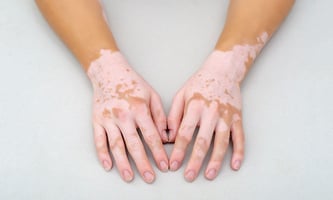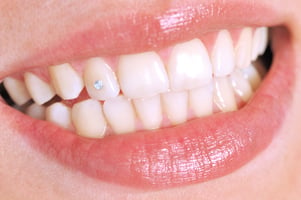Dubai, known for its extravagance and luxury, has become a hotspot for unique and opulent trends....
Skin Infections in the UAE: Prevention and Care
In the vibrant and diverse landscape of the United Arab Emirates (UAE), skin infections are a common concern due to various factors such as climate, lifestyle, and environmental conditions. Understanding how to prevent and care for these infections is crucial for maintaining healthy skin in this region. This comprehensive guide delves into the prevention and care strategies for Skin Diseases in Dubai UAE, providing valuable insights for residents and visitors alike.

Understanding Skin Infections
Before delving into prevention and care strategies, it's essential to understand the nature of skin infections. Skin infections can be caused by bacteria, viruses, fungi, or parasites, each presenting different symptoms and requiring specific treatment approaches. Common types of skin infections include:
1. Bacterial Infections
Bacterial infections such as impetigo, cellulitis, and folliculitis are often characterized by redness, swelling, and tenderness in the affected area. These infections can occur due to breaks in the skin barrier or exposure to harmful bacteria.
2. Viral Infections
Viruses like herpes simplex virus (HSV) and human papillomavirus (HPV) can lead to skin infections such as cold sores, genital warts, and shingles. These infections are highly contagious and can spread through direct contact.
3. Fungal Infections
Fungal infections like ringworm, athlete's foot, and yeast infections thrive in warm and moist environments, making them prevalent in the UAE's climate. These infections often cause itching, redness, and flaking of the skin.
4. Parasitic Infections
Parasitic infections Dermatitis such as scabies and lice infestations can cause intense itching and discomfort. These parasites can spread through close contact with an infected individual or contaminated objects.
Prevention Strategies
Preventing skin infections in the UAE requires a proactive approach that addresses the unique environmental challenges of the region. Here are some effective prevention strategies:
1. Maintain Good Hygiene
Regularly washing your hands and body with soap and water helps remove dirt, bacteria, and other harmful pathogens that can cause skin infections. Pay particular attention to high-risk areas such as the groin, armpits, and feet.
2. Keep Skin Dry and Clean
In the hot and humid climate of the UAE, sweat can accumulate on the skin, creating an ideal breeding ground for bacteria and fungi. Keep your skin dry by wearing breathable clothing and using absorbent powders, especially in areas prone to sweating.
3. Avoid Sharing Personal Items
Sharing towels, razors, or clothing can increase the risk of spreading skin infections. Use personal items and avoid sharing them with others to minimize the transmission of pathogens.
4. Protect Against Insect Bites
Insect bites can introduce bacteria or parasites into the skin, leading to infections. Use insect repellents, wear long sleeves and pants, and sleep under mosquito nets to reduce the risk of insect bites.
Care and Treatment
Despite preventive measures, skin infections can still occur. Prompt identification and treatment are essential to prevent complications and promote healing. Here's how to care for common skin infections:
1. Cleanse the Affected Area
Gently cleanse the infected area with mild soap and water to remove any debris or crusts. Pat the skin dry with a clean towel, avoiding rubbing, which can irritate the skin further.
2. Apply Topical Treatments
For bacterial or fungal infections like Psoriasis, topical antiseptic creams or antifungal ointments can help eliminate the causative agents and reduce symptoms. Follow the instructions provided by your healthcare provider for optimal results.
3. Use Moisturizers
Moisturizers can soothe dry and irritated skin associated with certain infections. Choose fragrance-free and hypoallergenic moisturizers to minimize the risk of further irritation.
4. Seek Medical Attention
If symptoms persist or worsen despite home care measures, consult a healthcare professional for further evaluation and treatment. Some skin infections may require oral medications or other interventions to resolve effectively.
Conclusion
Skin infections pose a significant health concern in the UAE, but with proper prevention and care, their impact can be minimized. By adopting good hygiene practices, protecting against environmental hazards, and seeking timely treatment when needed, individuals can safeguard their skin health and enjoy life in this dynamic and diverse region. Stay informed, stay proactive, and prioritize skin health for a fulfilling and comfortable experience in the UAE.


